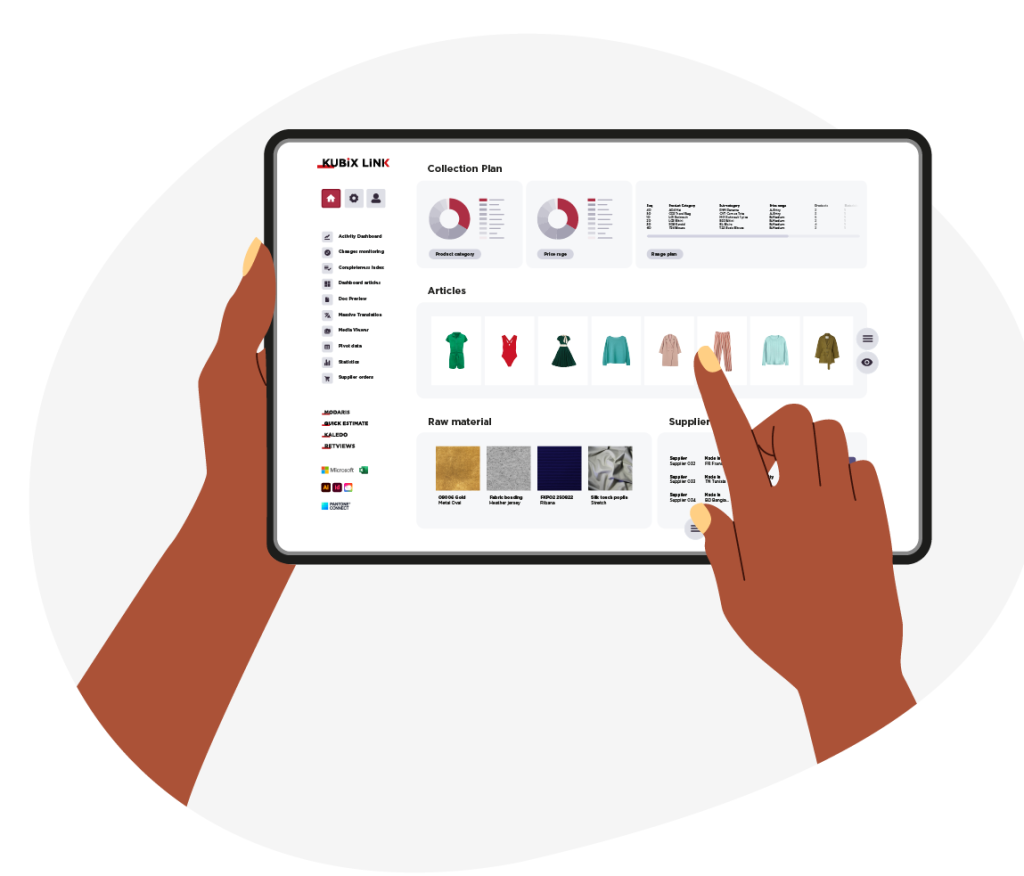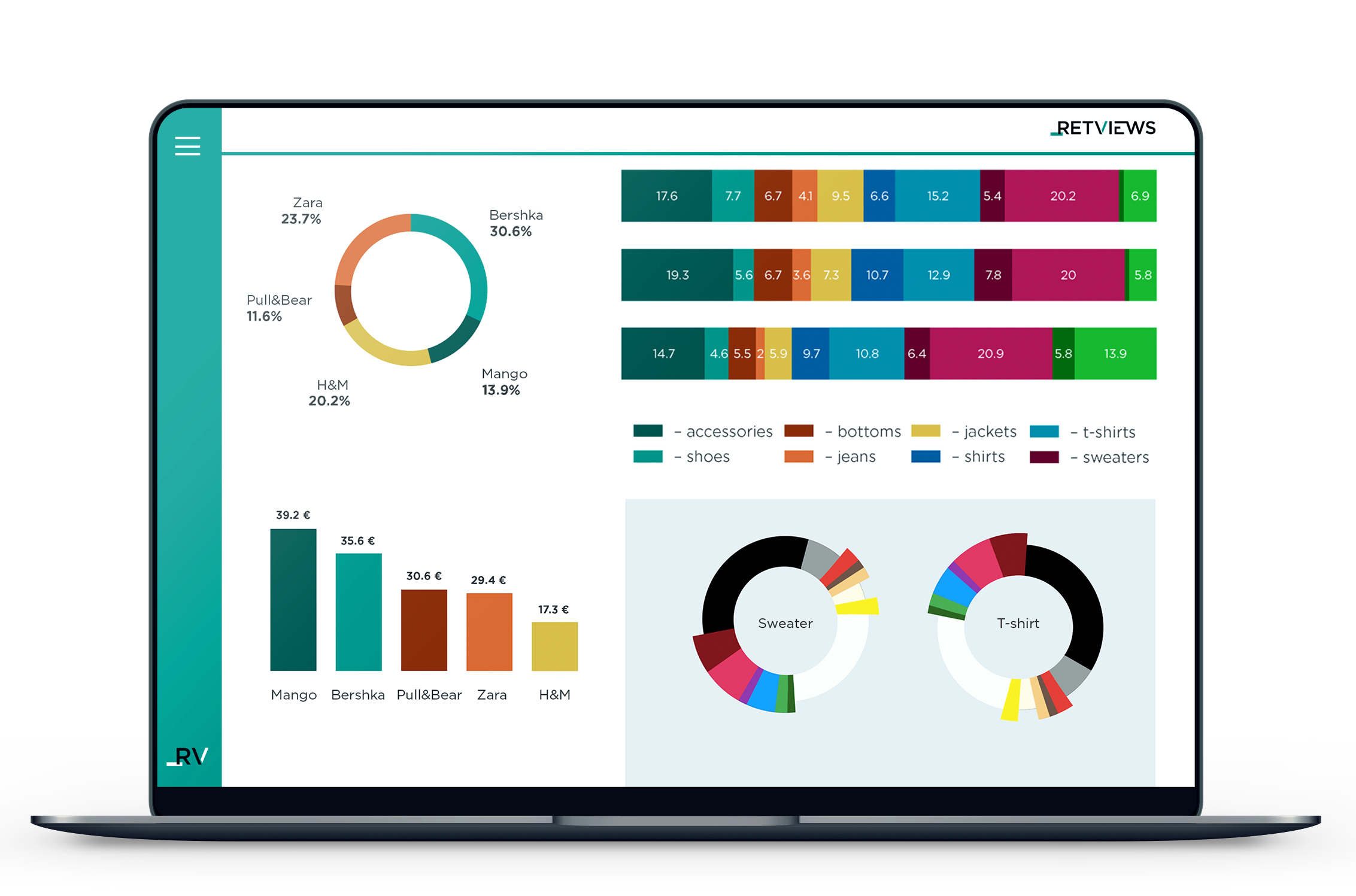
Consumer demand for eco-sensitive business strategies has never been so high, and this is particularly true in the fashion industry. This has resulted in a magnification of corporate responsibility and a heightened awareness of environmental issues among end-consumers.
With World Environment Day taking place this month, the conversation around sustainability in the fashion industry naturally gains heightened significance. With a surge in regulations aimed at reducing environmental impact across globalized supply chains, coupled with an increasing demand from consumers for products with a smaller carbon footprint, more transparency and all-round ethical conduct, fashion brands are under pressure to adapt. But sustainability objectives can of course seem overwhelming when balanced with issues of business efficiency and profitability.
In this context, the necessity for a digital tool that provides full visibility becomes paramount. Such tools can enable brands to assess their supply chains comprehensively, identify areas for improvement, and make informed decisions to reduce their environmental footprint. By embracing technology and integrating sustainable practices into their operations, fashion companies can not only meet regulatory requirements but also meet the growing expectations of environmentally conscious consumers.
Such solutions already exist. Lectra has developed a powerful ecosystem of software that uses data to streamline operations and empower brands with comprehensive tools. Kubix Link PLM, for example, is a cloud-based collaborative platform tailored specifically for the fashion industry. It facilitates streamlined collection management and product development, spanning the entire design-to-sale journey, thus facilitating brands’ management of their sustainable operations across the value chain.
Helping brands meet main sustainability regulations
Innovating oversight of manufacturer compliance, Kubix Link PLM automates checks to ensure adherence to environmental standards and certifications. Real-time updates and visual indicators simplify monitoring, facilitating ethical practices across the supply chain seamlessly. Additionally, Kubix Link PLM’s direct API connection to the French Government Site (Ecobalyse) enables detailed environmental impact assessments, aiding brands in selecting eco-friendly materials and facilitating automated, precise PEF score calculations aligned with evolving regulations.

Furthermore, Kubix Link PLM extends its capabilities to measure individual product CO2 impact, offering detailed emission reports and optimizing waste management for enhanced production efficiency when integrated with complementary solutions such as Modaris and Quick Estimate.
Relying on an ecosystem of solutions for responsible sourcing and avoiding overstocking
Kubix Link PLM seamlessly integrates with Lectra’s AI-powered benchmarking solution, Retviews and TextileGenesis, forming the core engine for fashion data collection, analytics, mapping, and analysis. Through the leading traceability TextileGenesis platform, it prioritizes material traceability and responsible sourcing practices. This enables the tracking and management of materials throughout their lifecycle, empowering fashion brands to trace the origins of raw materials used in garment production. By ensuring materials are ethically and sustainably sourced, Kubix Link PLM promotes responsible sourcing practices, contributing to positive impacts within the fashion industry.

When combined, Kubix Link PLM and Retviews synergize to embed emerging trends and market insights into collection planning and product development processes through automated benchmarking. With insights from 5000 global ecommerce websites, users gain details on products, fabrics, size availability, and international prices, aiding in avoiding overproduction and reducing the carbon footprint.
Brands that have chosen to collaborate with Lectra often opt for a multi-pronged approach allowing them to optimize performance and the ability to analyze different data streams while reducing their carbon footprint. Renowned for its leather shoes, handbags and accessories, Swiss brand Bally, for example, made the strategic choice to collaborate with Lectra to guide it through its digital transformation.
“Our goal was to create and share all the information from our historical archives, as well as data on the current season and on competitor activities, with the entire supply chain. Kubix Link is the only solution that helps us to digitize and archive all these elements, supporting collection development, while Retviews enables us to automate our benchmarking activities. And now, Neteven also facilitates our marketplace distribution. The compatibility of these Lectra solutions is a real plus and enables us to manage our collections and their sales process from A to Z,” says Alessandro Ponti, Global IT Director, Bally.
The imperative for sustainability in the fashion industry has never been more pressing, with consumer demand and regulatory pressures driving a paradigm shift towards ethical and eco-sensitive business practices. Fortunately, the digital revolution has brought with it the development of powerful tools like Kubix Link PLM, TextileGenesis and Retviews, designed to empower fashion brands to ensure ethical manufacturing practices and reduce environmental footprint.
Contact Lectra’s team of experts and learn more about their solutions. Lectra helps its customers push boundaries and unlock their potential.


